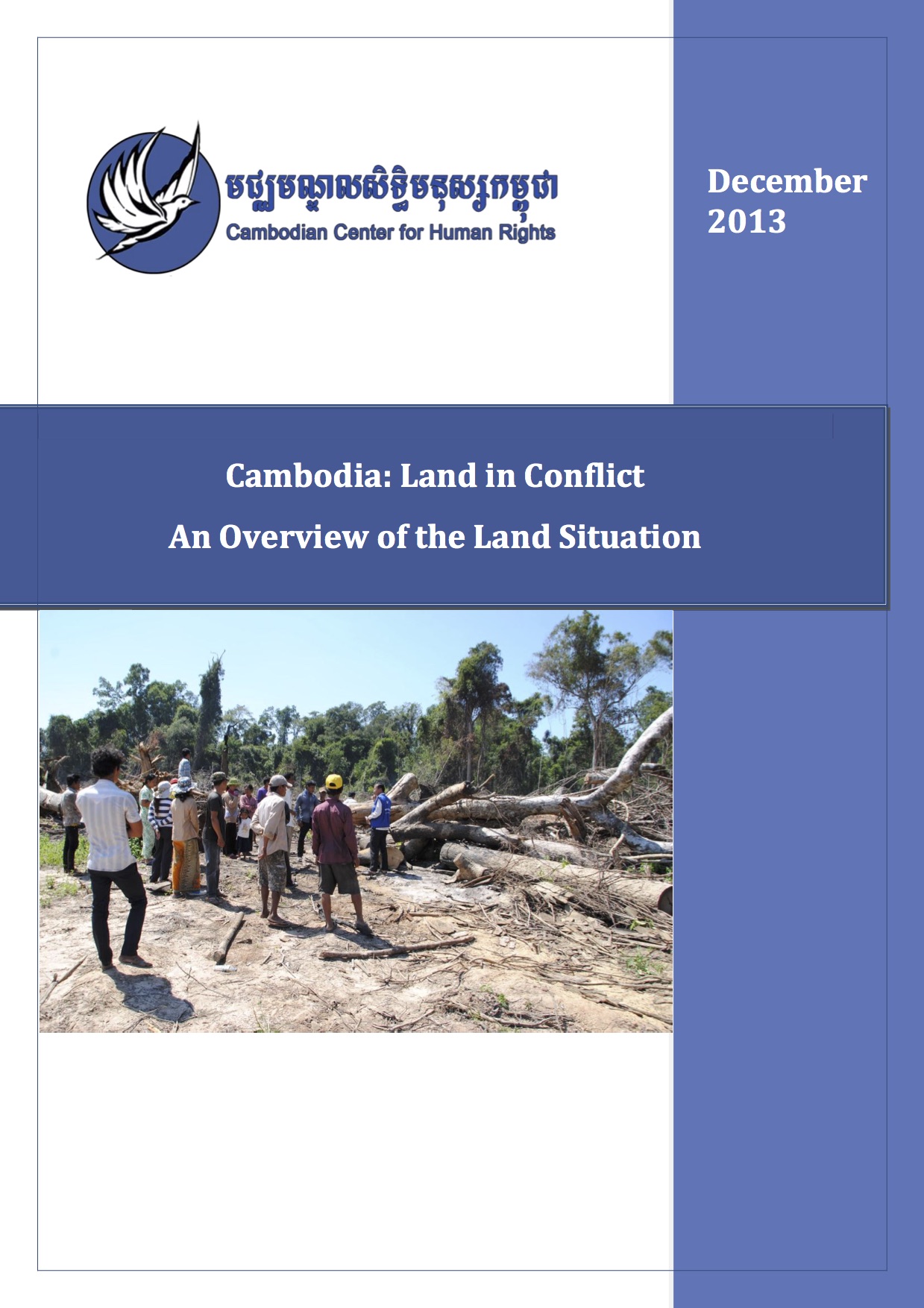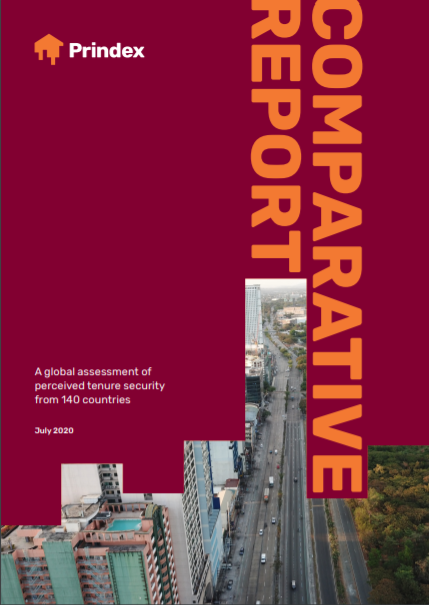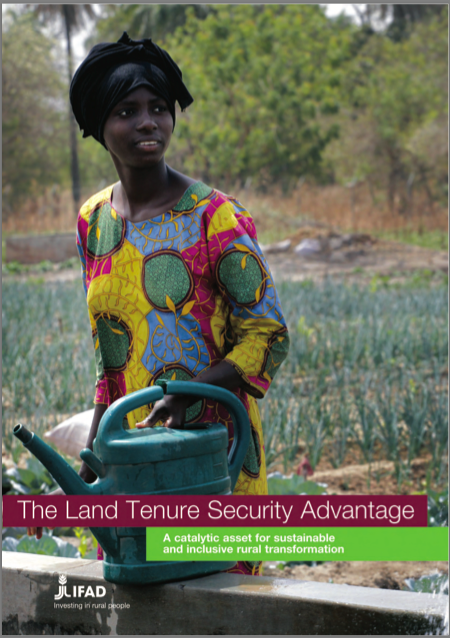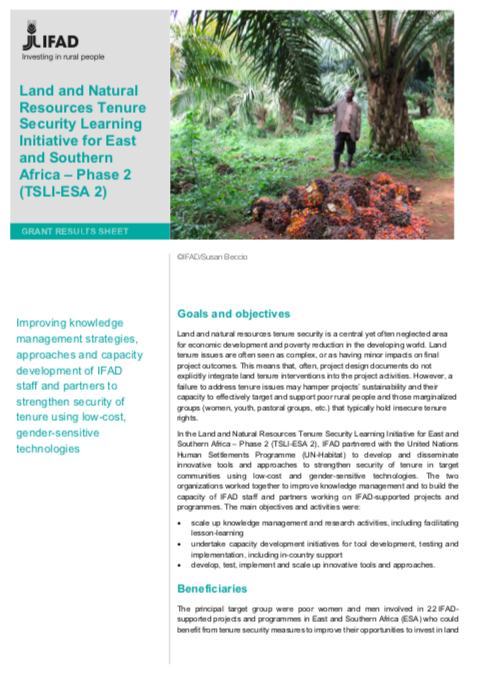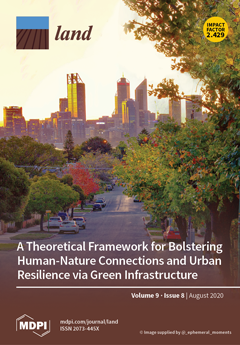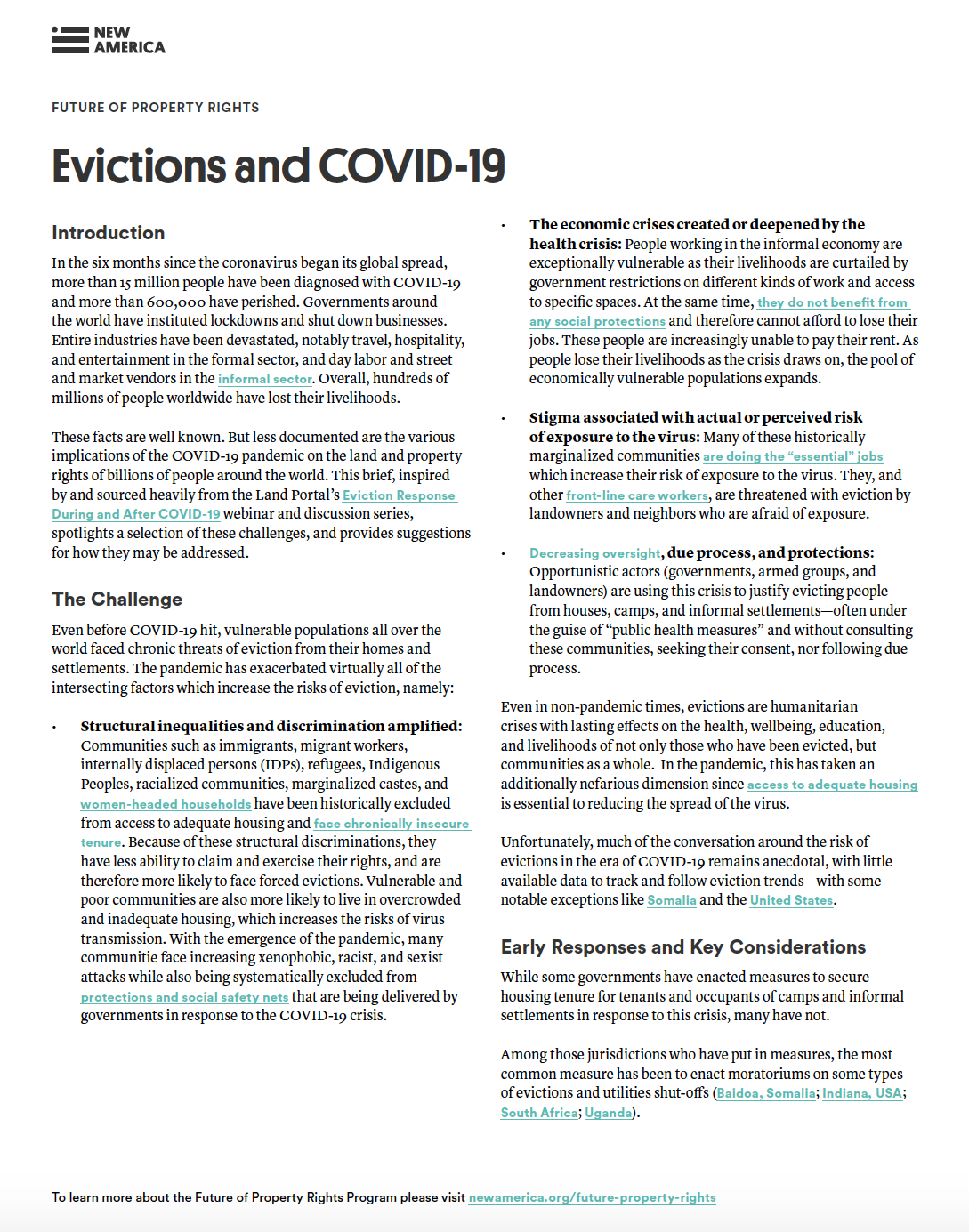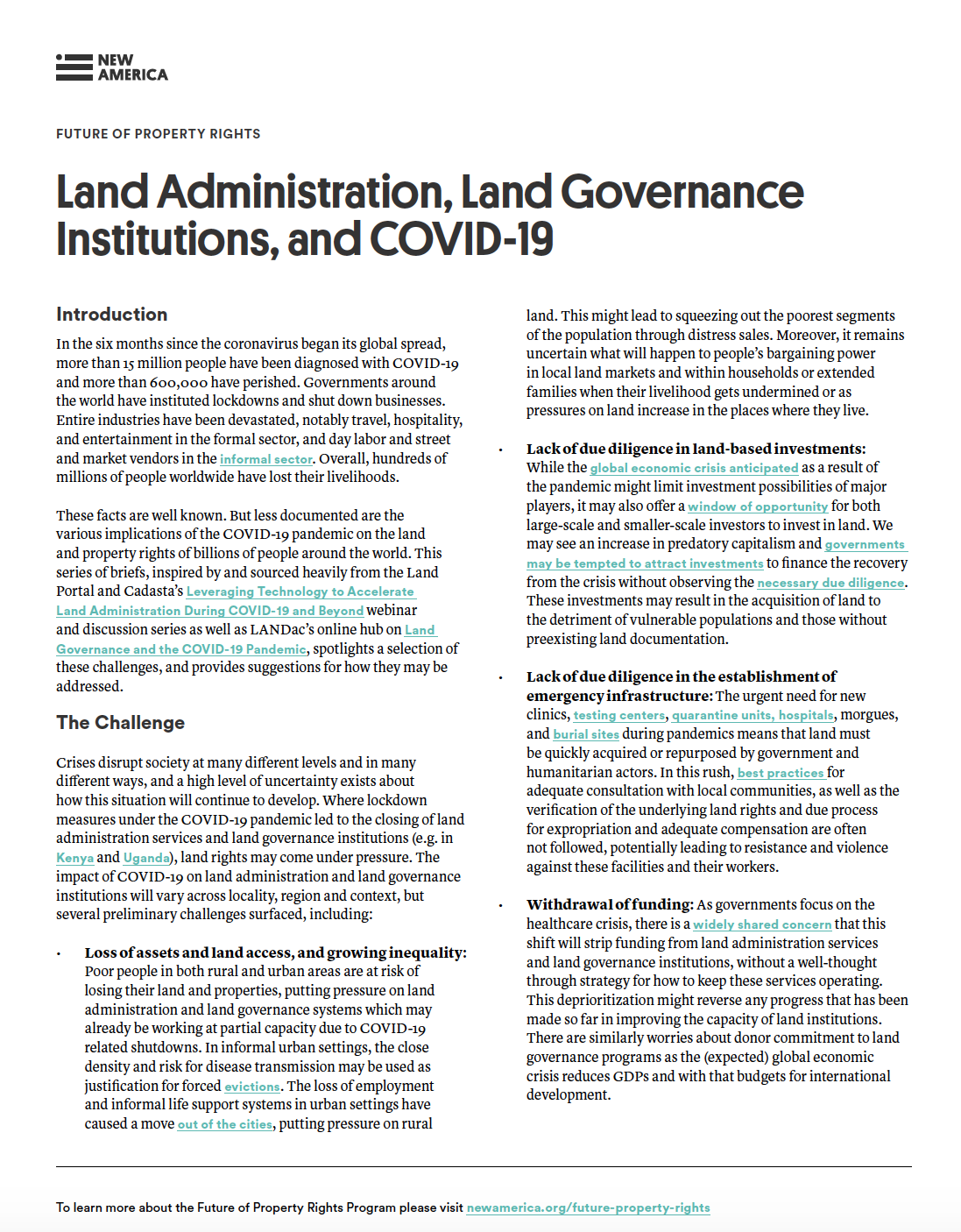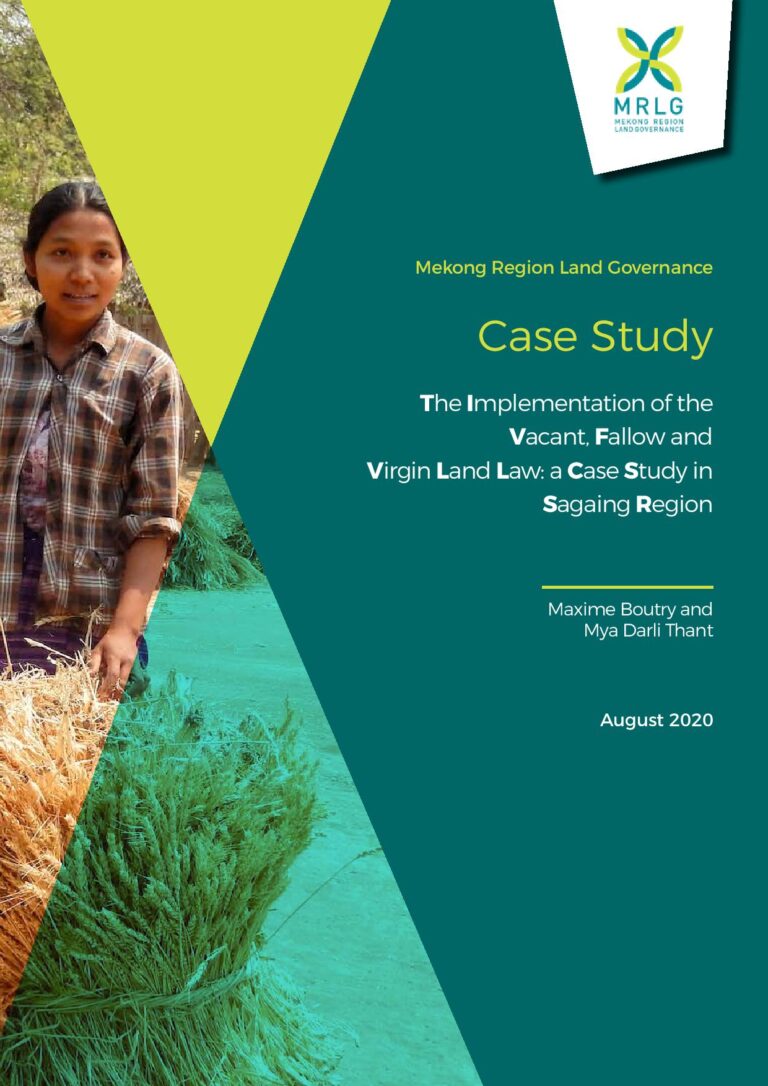Cambodia: Land in Conflict An Overview of the Land Situation
As noted by the Special Rapporteur on the situation of human rights in Cambodia (the “Special Rapporteur”) last August at the United Nations (“UN”) Human Rights Council, “Land rights continue to be a major issue in this country.”1 Conflict over land – combined with the widespread and systematic violation of land rights – is one of the most prominent human rights problems faced by Cambodians throughout the country, one whose roots can be traced to the abolition of private ownership when the Khmer Rouge took over power in 1975.

